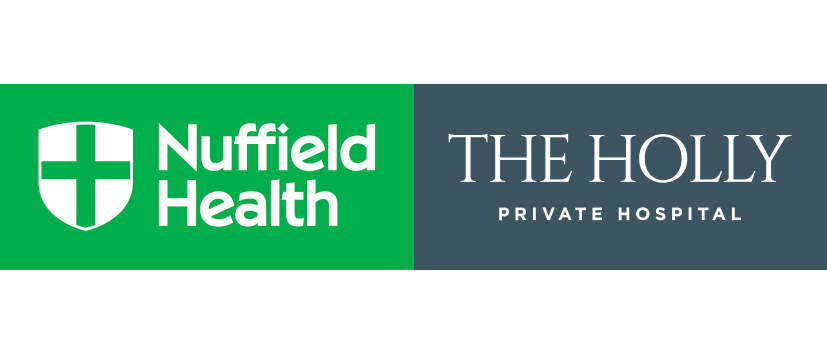Five things you need to know about breast cancer
 October is Breast Cancer Awareness Month, an annual campaign to increase awareness of the disease.
October is Breast Cancer Awareness Month, an annual campaign to increase awareness of the disease.
To mark the campaign, Mr Zaker Ullah, a Consultant Oncoplastic Breast and General Surgeon at The Holly, shares five things you need to know, including information on how to spot the signs and what you should do.
Breast cancer is the most common cancer in the UK
Over 55,000 new cases of breast cancer are diagnosed in the UK every year, with a fifth of these cases sadly resulting in death. One in eight women can get breast cancer in their lifetime, but early diagnosis can save lives. As most breast cancer patients don’t experience any symptoms, it’s vitally important to be aware of breast screening and to make sure you self-examine on a regular basis.
Men can also get breast cancer
Many people think that breast cancer only occurs in women, but about 1% of breast cancer patients are male. Most of these male patients see a doctor quite late and therefore have a more aggressive cancer by the time of diagnosis. Male breast cancer is more common among people over 60 but can affect younger men too, so it’s important for men to also be aware of any changes to their chest and breast area.
Most breast cancers are not related to family history
Only 5-10% of breast cancer patients actually have a close relative with breast cancer history but 90% of cases have no family history. You might have heard of genes which play a role in breast cancer development and the presence of these can increase your chance of breast cancer significantly. People with Ashkenazi Jewish ancestry, as well as people with Polish ancestry have slightly higher incidences of breast cancer, but it is important to note that breast cancer isn’t always predictable.
When to see a specialist
If you have noticed any changes in your breast size, shape, colour, contour, nipple retraction, discharge or rashes, or have noticed any dimples forming in the breast area or lumps in the armpit or breast, you should see a breast specialist. As stated earlier, most breast cancers don’t result in symptoms and only 5% may cause pain. Regularly check your breasts by standing in front of a mirror and having a feel for any changes in the area. Early diagnosis results in the best chance of recovery, so it’s better to get a check than to wait for things to get worse.
Understanding breast cancer treatments
Although breast cancer is one of the leading causes of death in the UK, treatments are rapidly advancing and rates have decreased in recent years due to early intervention and the use of new chemotherapy, targeted therapy and immunotherapy. Mastectomies (surgery to remove the breast) are not always required and breast-conserving surgeries with radiotherapy often show equally promising or better results. Immediate breast reconstruction is also an option following mastectomy to improve a patient’s confidence and mental health. The technology continues to advance, improving outcomes for breast cancer patients everywhere.
About Mr Ullah
Mr Ullah is a Consultant Oncoplastic Breast and General Surgeon at The Holly Private Hospital where he has a clinic every Tuesday afternoon. To book an appointment call 020 3925 1323.
Date: 02/10/2020

 October is Breast Cancer Awareness Month, an annual campaign to increase awareness of the disease.
October is Breast Cancer Awareness Month, an annual campaign to increase awareness of the disease.